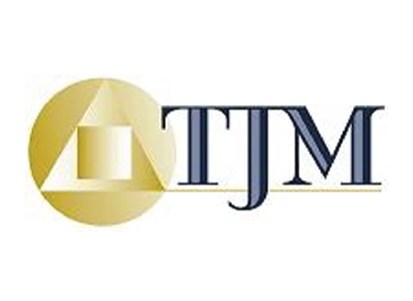 *Hope for a Brighter Future for Military Spouse Employment*
*Hope for a Brighter Future for Military Spouse Employment*
By Amanda Potter | Head of Marketing and Communications
In early March 2020, just weeks before the United States shut down due to COVID-19, former Second Lady Karen Pence visited Tampa, Florida, and spoke on the importance of finding solutions to the challenges of military spouse employment across the nation. “Military spouses are well-educated, flexible, hard-working, reliable, and loyal. They are the kind of workers you want in the workforce,” she stated. Her audience, mostly comprising military spouses and community leaders, nodded in agreement while remaining keenly aware of the hurdles they face. Moving every 2-3 years, licensure requirements between states, differing job markets, and networking voids all make the employment process for spouses daunting. Unfortunately, many employers remain reluctant to find solutions to overcome the challenges unique to military spouses, despite the value these employees bring to an organization.
A recent study by the U.S. Chamber Foundation’s Hiring Our Heroes Program found that 76% of military spouses hold a bachelor’s degree or higher; however, non-linear resumes, job-hopping, and the threat of an imminent move arguably scare potential employers from ever hiring military spouses. “Employers are missing out on a pool of highly qualified candidates by overlooking military spouses,” says Megan Conley, military spouse and Head of Operations & Course Development at Exchange Analytics. Among the military spouses in the labor force, 13% are unemployed–more than double the national average–and 31.6% are underemployed, according to the Women’s Bureau. This indicates ~45% of military spouses are unemployed or underemployed–by hours, skill set, income, or a combination. Additionally, an estimated 30% of military spouses require professional licenses or certifications in fields such as accounting, cosmetology, EMS, engineering, law, nursing, physical therapy, psychology, and teaching, according to NextGen Milspouse. Delays and expenses involved in re-licensure and re-credentialing between states force many military spouses to decide not to practice their professions. “It was not until I became a military spouse,” says Conley, “that I truly had an appreciation for the sacrifices made not only by those in uniform but also their families.”
There is hope. Employers such as Exchange Analytics see the value and benefit of military spouses and are not hesitant to hire them. Since assuming leadership last year, President Joe Adamczyk hired three military spouses to his small business, one of whom the company sponsored as a fellow through the U.S. Chamber of Commerce Foundation – Hiring Our Heroes Military Spouse Fellowship Program. The program is part of an initiative that connects career-ready military spouses to a paid 6-week fellowship that provides professional training, networking, and hands-on experience. “Smart employers will recognize that a lasting change from COVID is less dependency on localized talent,” says Adamczyk, “they will not be deterred by the prospect of a military spouse potentially having to move several years down the road.” As more employers catch wind of the highly qualified and versatile pool of military spouse talent and have the ability and foresight to hire and retain despite employee relocation, resumes may smooth as spouses maintain positions for longer periods.
In a future post-COVID era, with work-from-home and hybrid options becoming the norm, here’s hoping the stigma of the transitory life of a military spouse and the implied lack of job longevity may be a thing of the past.













